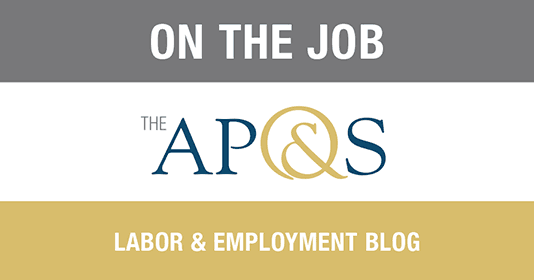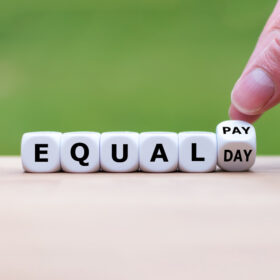Recently, on October 10, 2019, the National Labor Relations Board (“NLRB”) held, in LA Specialty Produce Co., 368 NLRB No. 93, that an employer’s broad confidentiality and non-disclosure rule and its strong media contact rule were lawful. In reaching this decision, the NLRB applied and clarified its new Boeing standard.
LA Specialty Produce Company (“LA Specialty”) is a wholesale distributor of produce and specialty foods. LA Specialty’s Employee Manual contained a “Confidentiality and Non-Disclosure rule” in addition to a “Media Contact rule,” similar to those found readily in many organizations’ employee handbooks or policies. In particular, the two rules stated:
- “Every employee is responsible for protecting any and all information that is used, acquired or added to regarding matters that are confidential and proprietary of [employer] including but not limited to client/vendor lists.”
- “Employees approached for interview and/or comments by the news media, cannot provide them with any information. Our President, Michael Glick, is the only person authorized and designated to comment on Company policies or any event that may affect our organization.”
Teamsters Local 70 of the International Brotherhood of Teamsters, filed a claim with the NLRB in which it alleged that the aforementioned rules violated Section 7 of the National Labor Relations Act (“NLRA”). In relevant part, Section 7 of the NLRA provides that employees have the right to “self-organization, to form, join, or assist labor organizations, to bargain collectively through representatives of their own choosing, and to engage in other concerted activities for the purpose of collective bargaining or other mutual aid or protection.”
In reaching its decision that the rules do not violate the NLRA, the Board first clarified the test it established in Boeing Company, 365 NLRB No. 154 (2017), to determine whether a facially neutral rule, reasonably interpreted, would potentially interfere with the exercise of employees’ NLRA rights. In Boeing, the NLRB held that in making this determination, the Board must “evaluate . . . (i) the nature and extent of the potential impact on NLRA rights, and (ii) legitimate justifications associated with the rule.” Further, the NLRB stated that challenged facially neutral work rules would in the future fall within three separate categories: 1) rules that the Board designates as lawful to maintain; 2) rules that warrant individualized scrutiny; and 3) rules that the Board designates as unlawful to maintain.
In LA Specialty, the NLRB provided some “points of clarification for the guidance of parties in future litigation.” First, according to the Board, the NLRB General Counsel must first satisfy its initial burden to prove that a facially neutral rule would in context be interpreted by a reasonable employee to potentially interfere with the employee’s exercise of her Section 7 rights. If the General Counsel fails to meet this burden, the inquiry ends and the rule is deemed lawful. If this burden is met, then the Board must apply the Boeing balancing test to determine under which category the rule falls.
Applying the aforementioned balancing test and framework, the NLRB held that both of LA Specialty’s rules were lawful. In particular, the Confidentiality rule was deemed to be lawful because it limited only an employee’s disclosure of LA Specialty’s “nonpublic, proprietary records,” which an objectively reasonable employee could not interpret as potentially interfering with the exercise of an employee’s Section 7 rights. Likewise, the Media Contact rule was also held to be lawful. NLRB held that the rule did not infringe on employees’ rights to communicate to the media their personal opinions about wages, hours, or working conditions, because it prohibited employees only from speaking on LA Specialty’s behalf – a right not afforded to employees under the NLRA. The Board further held that a reasonable employee could only understand this rule to preclude the employee “from speaking on behalf of [the employer] when approached for comment,” and not as a blanket prohibition on employees’ ability to speak with the media on any matter relating to their work at LA Specialty.
When drafting employee handbooks or workplace policies, employers should refer to the guidelines set forth in Boeing and LA Specialty to avoid any possible violations of employees’ rights Section 7 of the NLRA.




